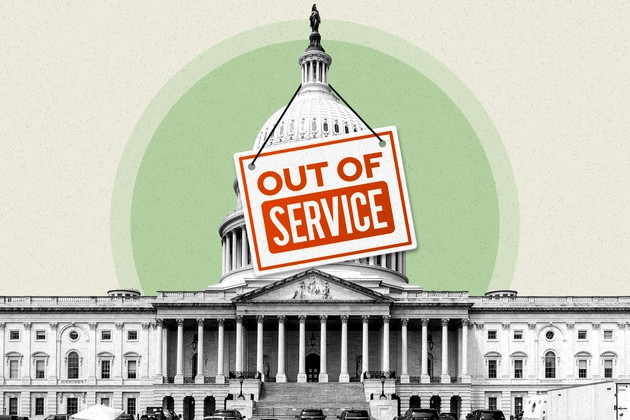This CNBC article, published on Sunday, describes how a massive winter storm has brought large parts of the U.S. to a standstill. The results of the storm have been heavy snow and ice from New Mexico to Maine, with the National Weather Service warning of "bitterly cold temperatures and dangerously low wind chills." As of Sunday morning, more than...
The U.S. Debt Crisis
According to a recent Fox News article, data from the Treasury Department shows that the United States national debt has surpassed $36 trillion. That landmark number comes just a couple of months after the U.S. surpassed the $35 trillion mark. That number is significantly higher than four decades ago, when the national debt was approximately $907 billion. The rapid accumulation of the U.S. national debt has been fueled by growing budget deficits, with the federal government running the third-largest deficit in U.S. history, totaling $1.8 trillion in the most recent fiscal year. Economists note that the debt held by the public is projected to reach 99% of the U.S. gross domestic product (GDP) this year, raising concerns about the nation's fiscal health. In the article, Maya MacGuineas, the president of the Committee for a Responsible Federal Budget, emphasized the need to address these fiscal challenges, highlighting that interest costs are now exceeding spending on nearly every other budget item.
The growing national debt is a problem that the United States keeps pushing off, and because of that, the burden could fall on my generation, Gen Z. As the interest rates rise, it becomes increasingly challenging to service the debt, a debt that now costs more than Medicare and the defense budget. Another problem with the growing debt is the high amounts of government spending. From an economic perspective, increased government spending leads to crowding out, an economic theory that says increased government spending leads to decreased private spending (investment). Crowding out slows economic growth, which could lead to fewer job opportunities for Gen Z. Finally, the massive debt burden could also limit the government's ability to respond to future economic downturns or national emergencies. If the U.S. does not address these problems on its own, it may be forced to if/when it defaults on its debt. For Gen Z, not dealing with this issue would lead to even higher borrowing costs, making it very challenging to afford homes, start businesses, or pay for higher education. Ultimately, the growing national debt is a serious issue that must be discussed; failing to address these issues can leave Gen Z and future generations with a less prosperous and less stable economic future.
Earlier this month, the Los Angeles Dodgers won the world series. Shortly after that, Forbes published an article about the record-breaking global viewership that the world series amassed. The 11-inning Game 7 instant classic had over 51 million viewers across just the U.S., Canada, and Japan. There are a couple obvious reasons for the...
This CNBC article, published last week, talks about how the U.S. federal government has just shut down. The shutdown started after Congress failed to reach an agreement on a funding bill before the deadline. The article goes on to talk about the immediate impacts on federal workers, disruptions to non-essential government services, and the...



